
Introduction to FCC Part 15 Standards
The fcc part 15 standards, established by the Federal Communications Commission (FCC) in the United States, govern the electromagnetic compatibility (EMC) of radio frequency (RF) equipment. These standards set limits on electromagnetic radiation and immunity to ensure that RF devices do not interfere with other equipment or radio services.
FCC Part 15 includes two categories: Part 15 Class A and Part 15 Class B. Class A applies to equipment intended for commercial, industrial, or business use, while Class B is designed for devices used in homes or by individuals. The standards cover all equipment operating on electromagnetic frequencies, including radio transmitters, computers, digital devices, TV receivers, monitors, and more.
FCC Part 15 encompasses multiple sub-standards, such as Part 15.107, Part 15.109, Part 15.207, and Part 15.209, each specifying particular testing requirements and limits.
FCC Part 15 Standard Testing Items
1. Radiated Emissions:
Measures the electromagnetic waves radiated by the equipment within the RF spectrum to ensure they do not interfere with other electronic devices.
2. Conducted Emissions:
Tests electromagnetic waves transmitted via conductive paths, such as power lines, to ensure they do not interfere with other electronic devices.
3. Radiated Immunity:
Assesses the equipment's ability to withstand radio signals from other electronic devices without being affected by interference.
4. Conducted Immunity:
Evaluates the device's ability to resist electromagnetic waves transmitted through conductive paths such as power lines without being affected.
5. RF Power Output:
Verifies that the power output of the radio signals generated by the equipment complies with regulations.
6. Frequency Range:
Ensures that the frequency range utilized by the equipment adheres to the specified standards.
7. Occupied Bandwidth:
Confirms that the bandwidth of the radio signals produced by the device meets regulatory requirements.
8. Spurious Emissions:
Checks that the output power of signals at unintended frequencies generated by the equipment remains within permissible limits.
9. Modulation Characteristics:
Ensures that the modulation method of the radio signals produced by the equipment complies with prescribed standards.
Email:hello@jjrlab.com
Write your message here and send it to us
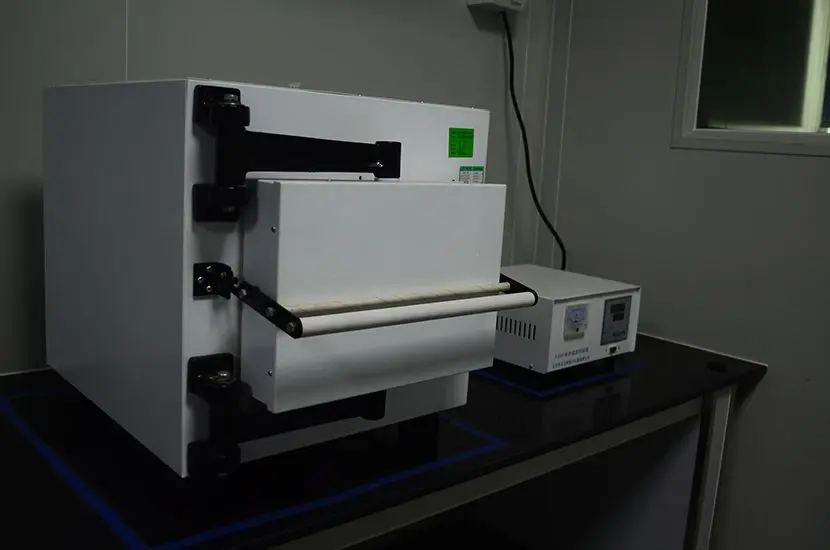 High Chair for Children ASTM F404-21 CPC Certifica
High Chair for Children ASTM F404-21 CPC Certifica
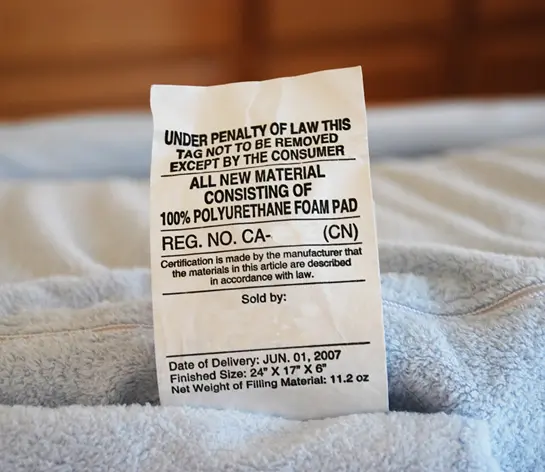 U.S. Law Label (URN Number) Registration Q\&A
U.S. Law Label (URN Number) Registration Q\&A
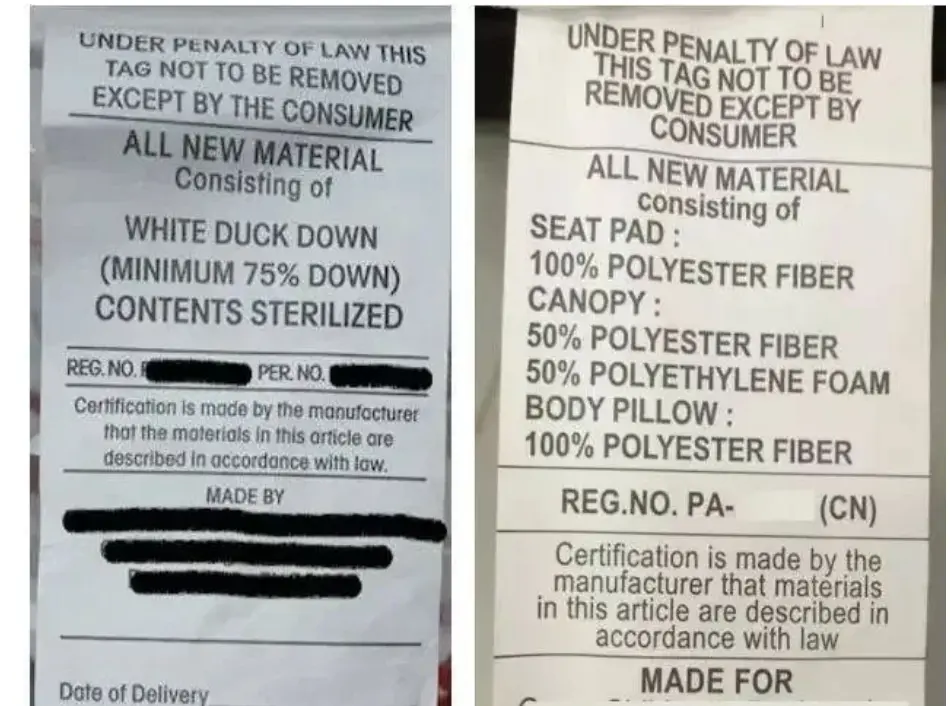 U.S. Furniture Export URN Law Label Registration
U.S. Furniture Export URN Law Label Registration
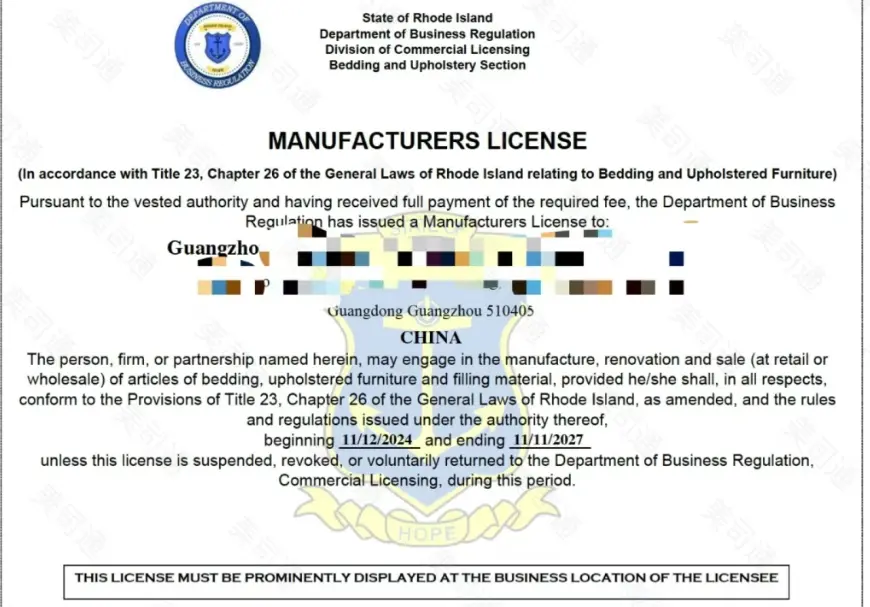 What is U.S. Law Label Registration?
What is U.S. Law Label Registration?
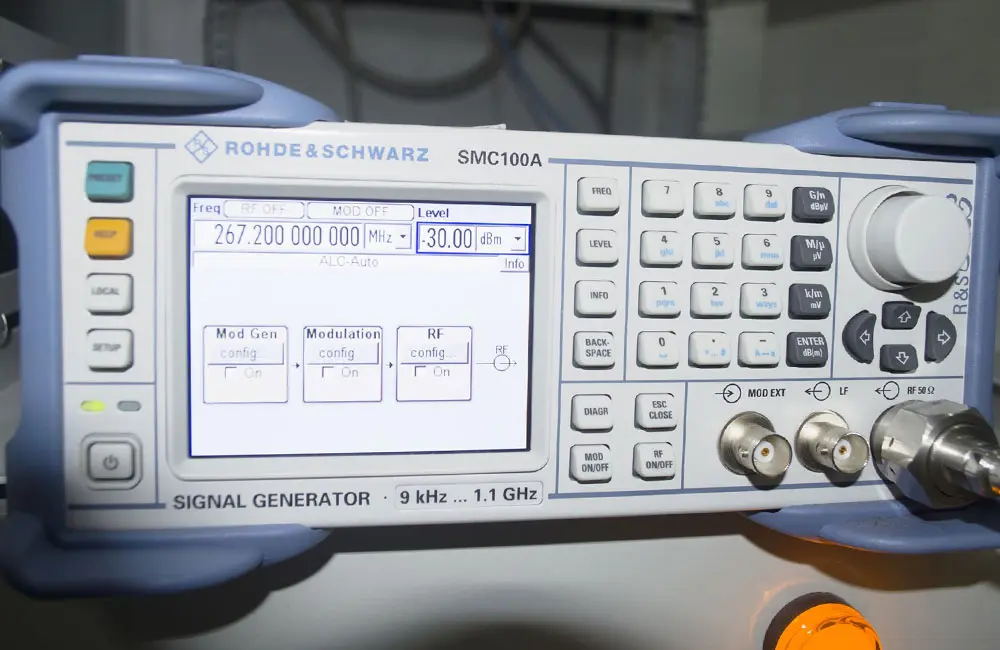 Rail Transit EN55015/EN50121-4
Rail Transit EN55015/EN50121-4
 IEC 60601-1-2 EMC Test for Medical Electrical Equ
IEC 60601-1-2 EMC Test for Medical Electrical Equ
 What Are the Safety Tests for Lithium Batteries?
What Are the Safety Tests for Lithium Batteries?
 What is the YY 9706.111-2021 Standard?
What is the YY 9706.111-2021 Standard?
Leave us a message
24-hour online customer service at any time to respond, so that you worry!




